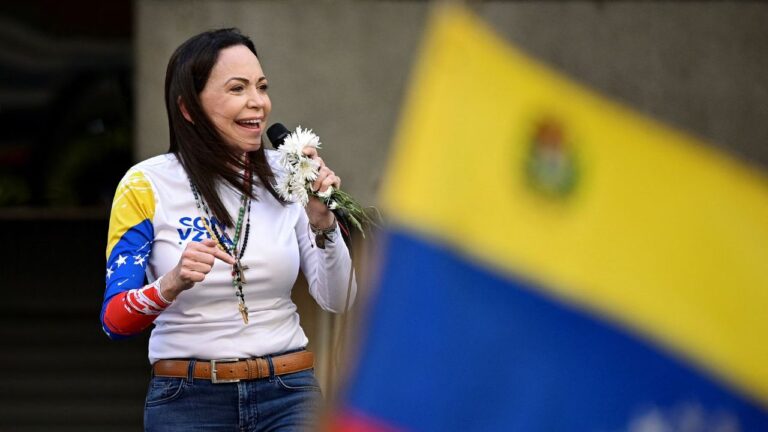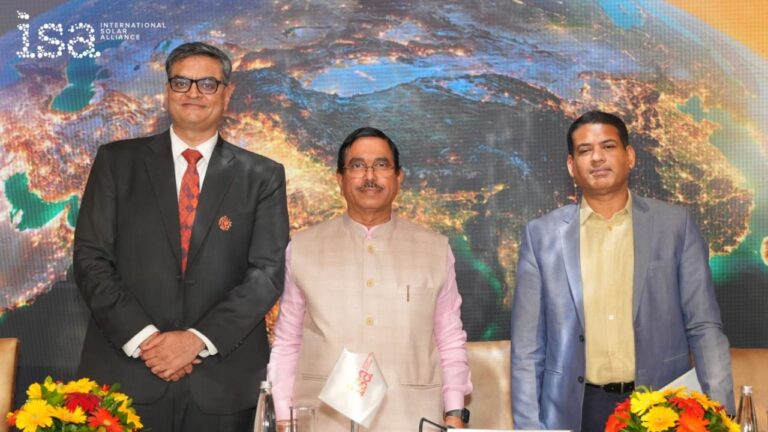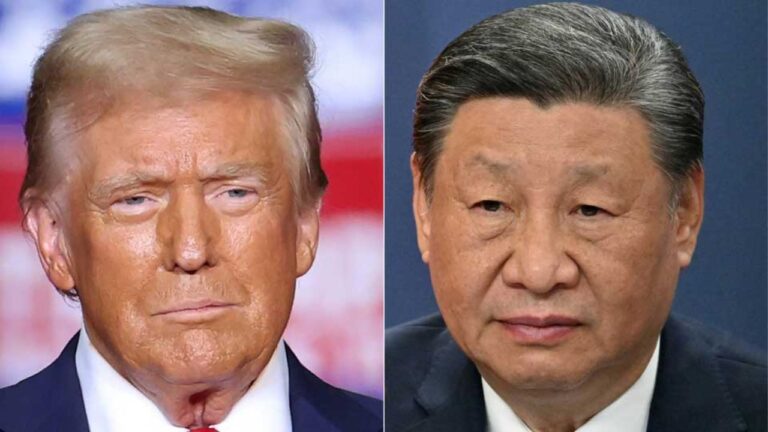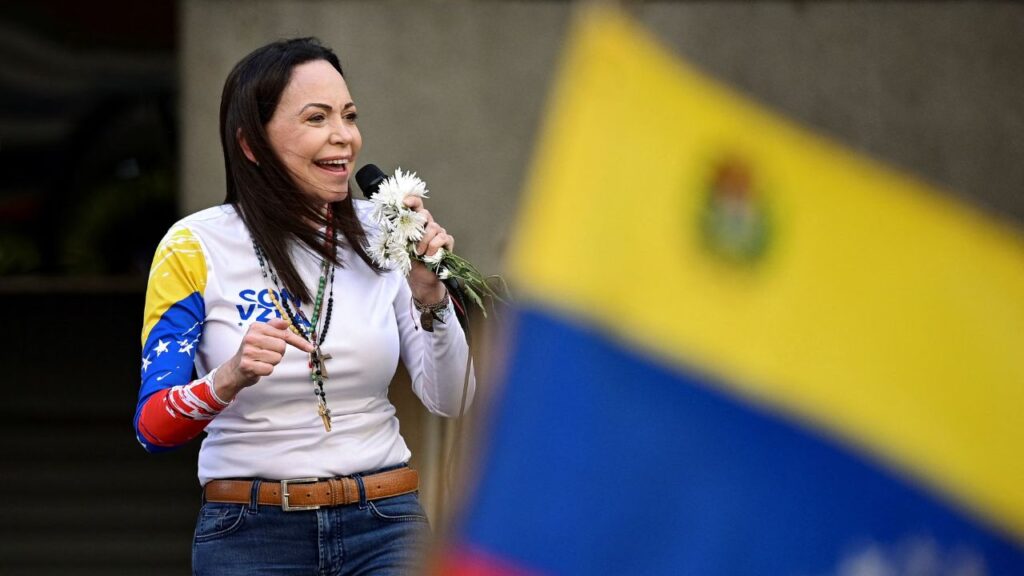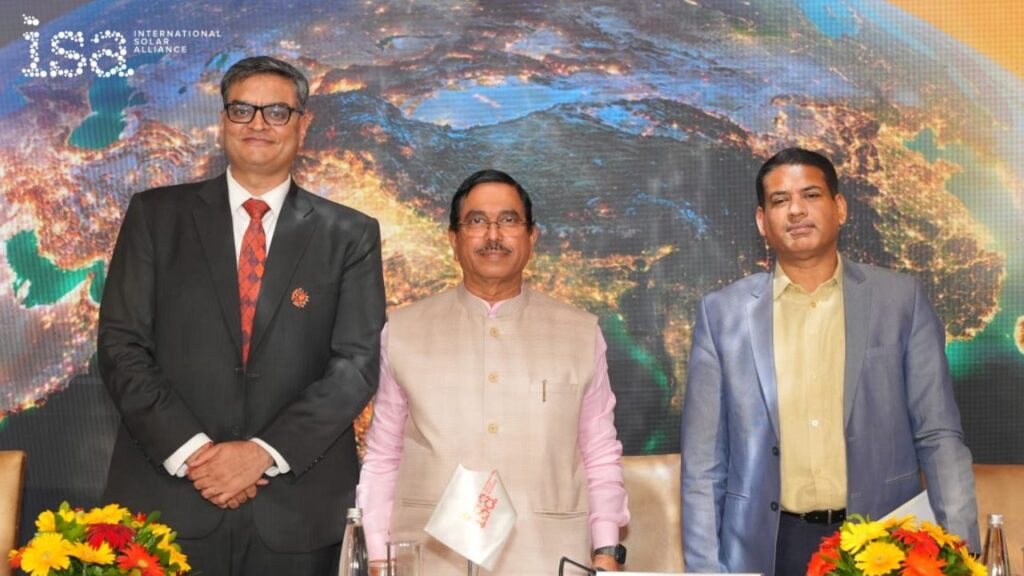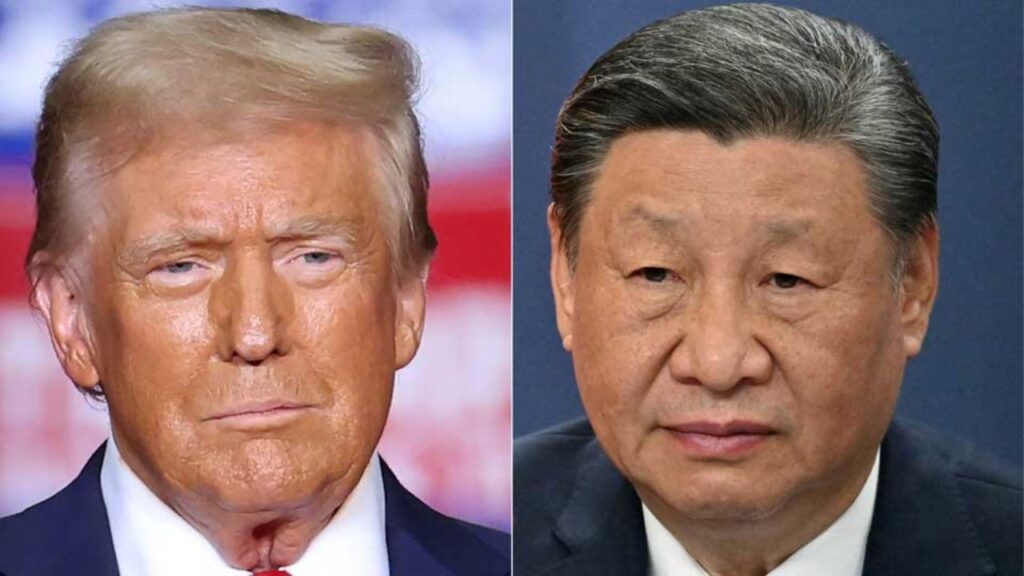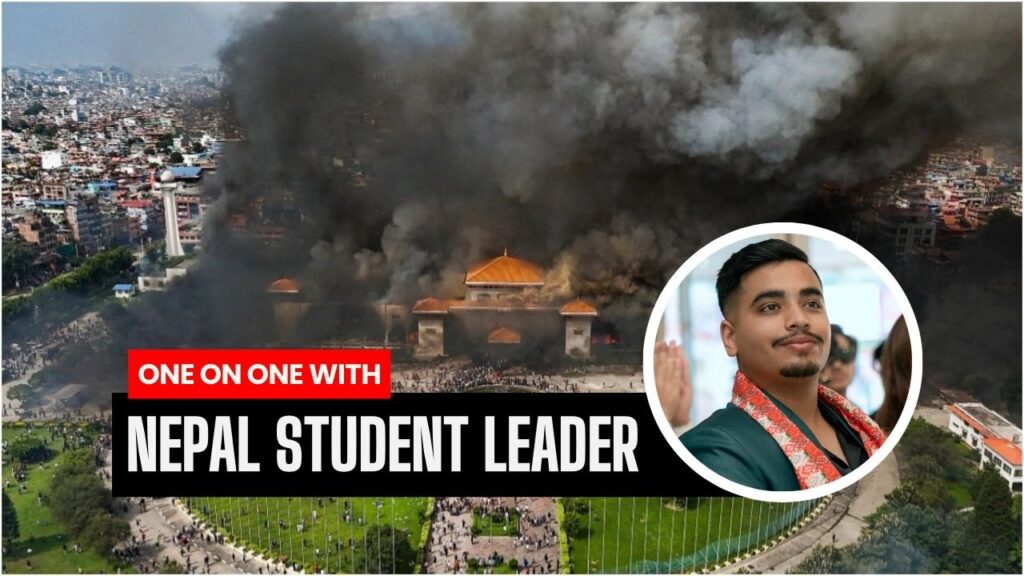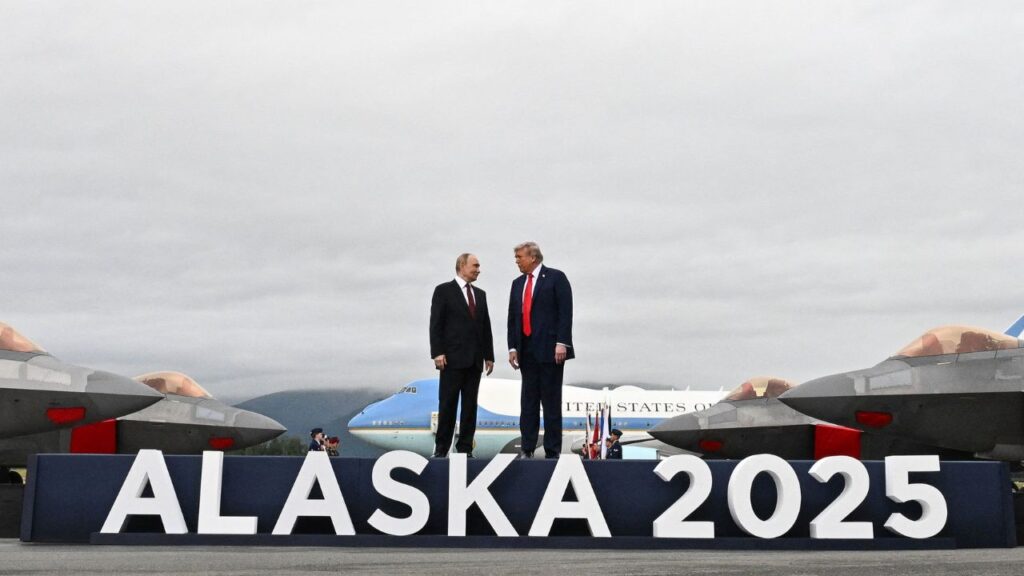New Delhi: Over 300 Members of Parliament from the opposition INDIA bloc, clad in white caps emblazoned with red crosses over the words “SIR” (Special Intensive Revision) and carrying placards screaming “Vote Chori” (Vote Theft), gathered at Parliament’s Makar Dwar on Monday morning. They sang the national anthem as they prepared to march to the Election Commission of India (ECI) headquarters, a protest march to challenge what they called the “murder of democracy.”
Leading the charge was Rahul Gandhi, the Leader of Opposition in the Lok Sabha, his sister Priyanka Gandhi Vadra by his side. But less than a kilometer into the march, the protest slammed into a wall of barricades and riot-geared police force.
Chaos ensued with sloganeering like “Vote chor, gaddi chhod!” (Vote thief, leave the throne!) filling the air, MPs scaled barriers, and in the middle of all this, two women parliamentarians fainted. By midday, dozens of MPs were detained, including the Gandhis. This wasn’t just a protest; it was a call against alleged electoral fraud that threatened the very foundation of the world’s largest democracy.
The march, announced the previous day amid escalating accusations, stemmed from deep-seated grievances over the last year’s Lok Sabha election results and the ongoing voter roll revisions in poll-bound Bihar.
Rahul Gandhi had ignited the firestorm on August 7, during a press conference in New Delhi, where he accused the ECI of colluding with the ruling Bharatiya Janata Party (BJP) to perpetrate “massive voter fraud.” Armed with documents and data compiled by Congress researchers, he claimed over 100,000 votes were manipulated in Karnataka’s Mahadevapura assembly segment alone, part of the Bengaluru Central Lok Sabha constituency.
“This is not just electoral malpractice; it’s vote theft on an industrial scale,” Gandhi declared, presenting evidence of fake voters, duplicate entries, and suspicious registrations, like 80 voters listed at a single address, door numbers marked as “0,” and names that resembled random keyboard smashes.
The opposition’s fury extended to Bihar, where the ECI’s Special Intensive Revision (SIR) of electoral rolls was underway ahead of the November 2025 assembly elections. Critics argued that the process was a deliberate ploy to disenfranchise marginalized communities, especially Dalits, Muslims, and backward castes, who form the backbone of opposition support.
The INDIA bloc has demanded a halt to the SIR, public auditing of voter lists, and digital access to electoral rolls for transparency. Congress also launched an online portal on August 10, urging citizens to report irregularities and build a grassroots movement against what it termed “electoral authoritarianism.”
“This fight is not political, but it is aimed at saving the Constitution. This fight is for ‘one man, one vote’ and we want a clean, pure voter list,” said Rahul Gandhi. Priyanka Gandhi Vadra called the ECI’s silence “complicit in the erosion of democratic norms.” Other leaders like Samajwadi Party chief Akhilesh Yadav, Trinamool Congress’s Mahua Moitra, Shiv Sena’s Sanjay Raut, and Rajya Sabha MP Sagarika Ghose also joined the protest, in a show of opposition strength.
Over 30 leaders, including Rahul and Priyanka Gandhi, were detained and whisked away to Parliament Street Police Station. The detentions lasted about two hours, after which the leaders were released without charges, but the incident sparked outrage.
Back in Parliament, the protest rippled through both houses. The Lok Sabha and Rajya Sabha faced multiple adjournments as opposition MPs raised slogans, demanding a discussion on electoral integrity. The Lok Sabha managed to pass the National Anti-Doping and Sports Governance Bills before adjourning till 4 PM, but the atmosphere remained charged.
The Election Commission has dismissed Gandhi’s accusations as “baseless” and issued a notice to him, asking for documentary evidence under oath.
The ruling BJP dismissed the protest as a “stunt” orchestrated by a desperate opposition. Union Minister Dharmendra Pradhan, in a sharp rebuttal, accused the INDIA bloc of trying to “create anarchy” and “make intruders voters” to destabilize the country. “Congress and other opposition parties want to make ‘intruders’ voters in the country. This is a well-thought-out strategy to create instability,” Pradhan said, implying the allegations were a ploy to include illegal immigrants in voter rolls.
Historically, India has weathered electoral controversies, from the booth-capturing scandals of the 1980s to the EVM tampering debates post-2014. The 2024 polls, with a record 968 million voters, were no exception. Turnout anomalies in some constituencies raised eyebrows, and the Supreme Court’s 2023 directive for VVPAT verification in 5% of booths did little to quell doubts. The opposition’s current campaign draws parallels to the 1975 Emergency, when Indira Gandhi’s government faced accusations of rigging, leading to her brief ouster.
Experts warn that unchecked fraud allegations could deepen polarization. Pradeep Gupta, a polling expert, notes that while data manipulation is possible in isolated cases, systemic fraud on the scale alleged would require unprecedented coordination. “The ECI must proactively audit and publish data to dispel myths,” he suggests.
Civil society groups like the Association for Democratic Reforms (ADR) have called for reforms, including blockchain-based voter verification and independent oversight.
The INDIA bloc, forged in 2023, has struggled with internal rifts, but today’s show of unity, spanning Congress, TMC, SP, and others, signals a renewed vigor. The BJP government, navigating a coalition after a narrower-than-expected 2024 win, faces its toughest test yet. With Bihar elections looming and similar revisions planned in other states, the “vote chori” saga could reshape the political landscape. Will the ECI bend to demands for transparency, or will this divide deepen? In a nation where the ballot is both sword and shield, the answer could define the future of its democracy.



